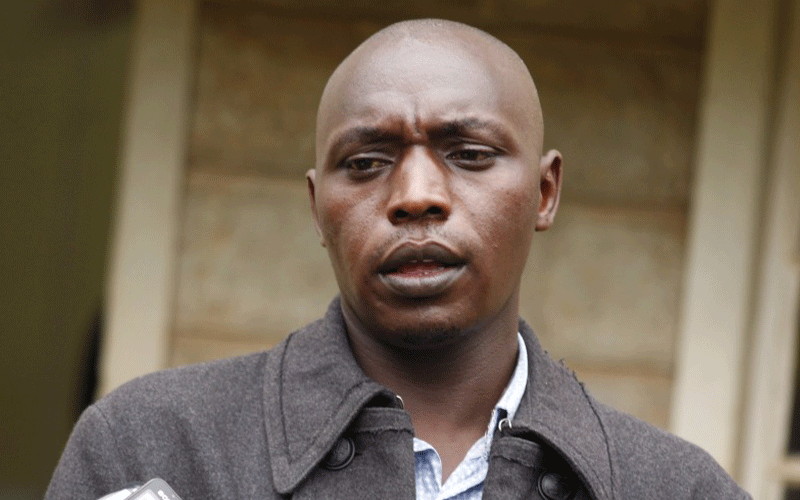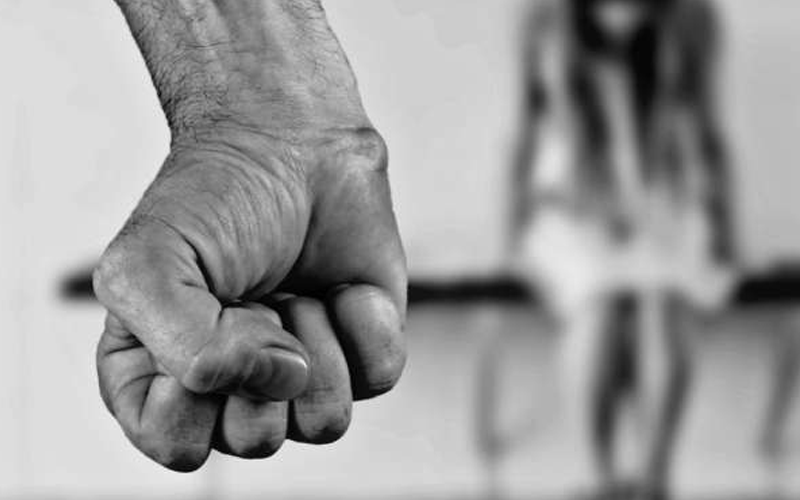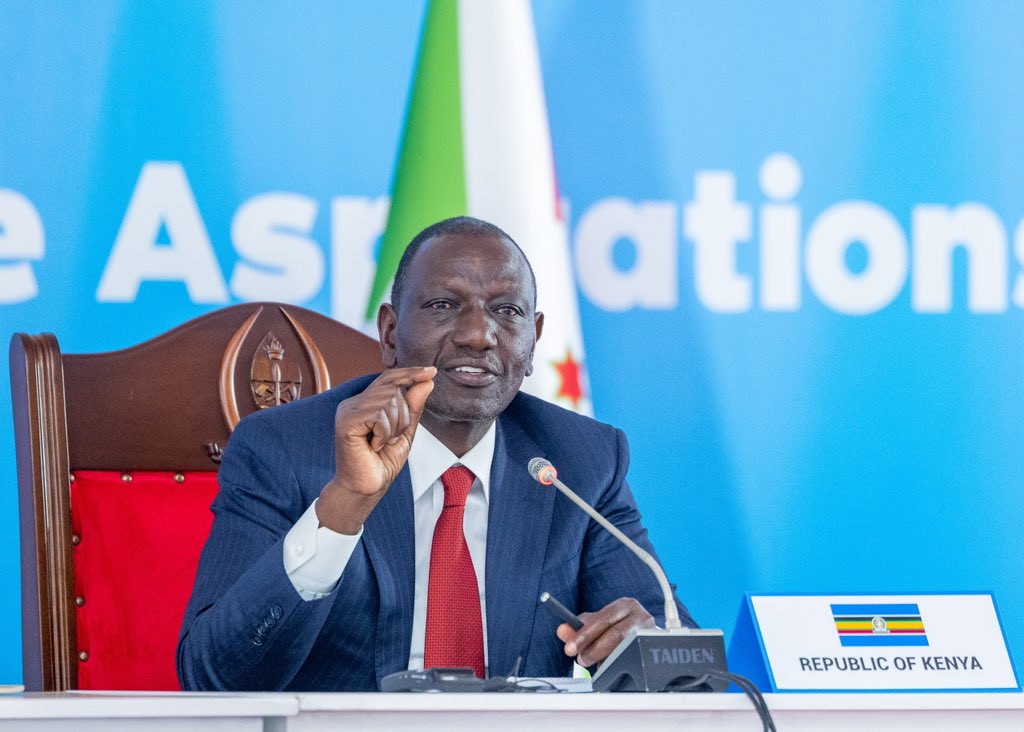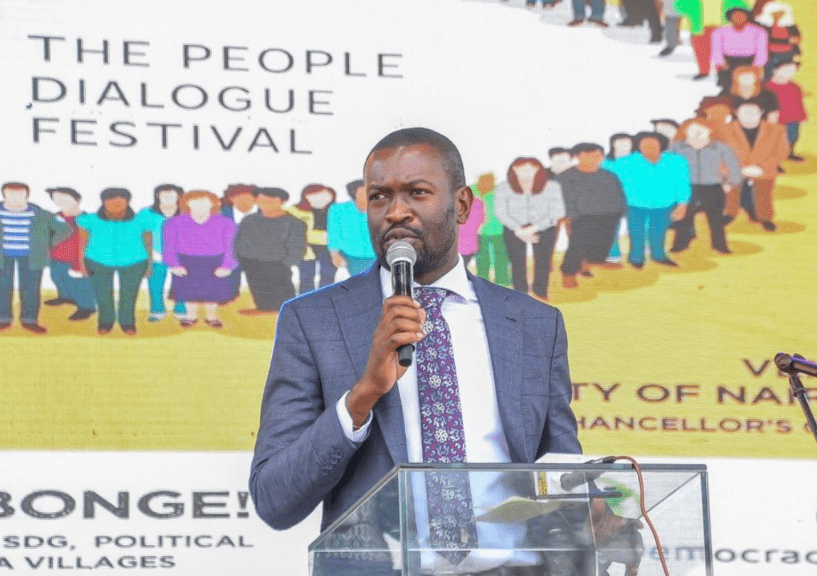When men are at the receiving end of domestic abuse
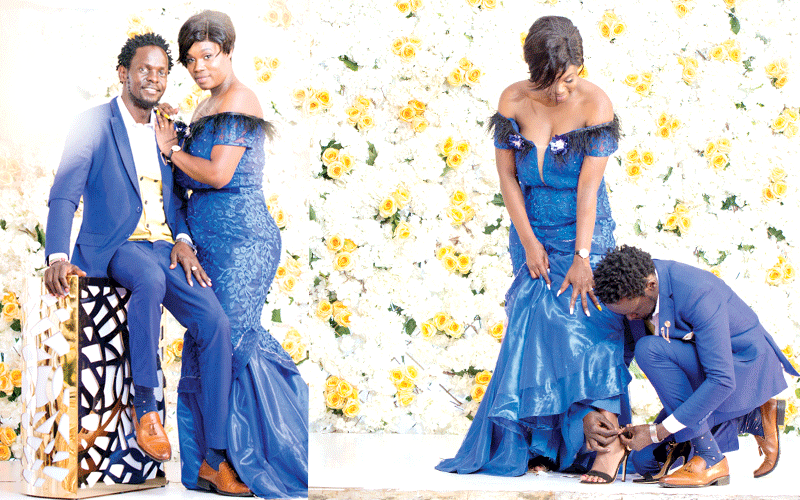
For years, Aaltonen Jumba’s work and love life were a precise representation of sheer irony. Jumba, an Eldoret-based wedding planner and founder of events planning company Slique Events Limited, spent his days helping love-struck couples transition into marriage.
Weekend after another, he watched as couples happily looked at each other and promised to stick with each other for better for worse. Ironically, back at home, he was in an unhappy marriage ridden with abuse.
In 2008 at the tender age of 22, Jumba had met a woman 10 years his senior, fell in love and got married.
Theirs was a blissful union until Jumba decided to quit a well-paying job at USAID, Nairobi and venture into events planning business a few years into marriage.
His work as an events planner entailed frequent interactions with women. “My wife was insecure about my constant interactions with female clients.
This escalated to a point of her making a scene whenever she saw me with a female client. She would also pick female clients numbers from my phone, call and abuse them, thus costing me business,” he says.
Cracks in their marriage intensified as their new business struggled to pick up. “There are things she wanted that I could not afford at the time. She was also running her own business, which was not doing well. So I suggested she joins me in running my business,” he says.
Why I didn’t retaliate
In 2014, the emotional had escalated into physical abuse. Jumba recalls the night when the first episode of physical abuse occurred.
The couple had argued about her insecurities before his wife started hurling things and insults at him.
“I wanted to hit her and shut her up, but then I remembered the repercussions of beating her. So, I picked my keys and left,” he says.
Fed up, Jumba only returned home after a month, when his wife informed him that she was pregnant hoping to patch up his marriage before their first child together arrived.
Jumba had two children from a previous relationship who were living with their mother.
Calm returned into their marriage after the birth of their son in 2014, albeit for a short period. Jumba ignored the sporadic incidents of abuse that soon ensued as he was focusing on raising their child.
Being a strong believer in successful marriages, he says he stayed in the union despite the abuse hoping one day his wife would change.
Though on many occasions, he wanted to retaliate, he refrained himself. While growing up, Jumba had watched his father physically abuse his mother.
“He would come home drunk and beat my mother up. This hurt me and I swore that I would never lay my hand on my wife or the mother of my children,” he says.
Their marriage took a turn for the worse after the arrival of their second child in 2017. The abuse became more frequent to a point of both their families getting involved.
“We tried solving the issues by involving family, but this did not work. Each family took sides and engaged in blame game,” he says.
The abuse was weighing heavily on his business, mental health and relationships. He lost friends, went through depression, thought of committing suicide, was less productive at work, but worst of all, it hurt him deeply to see how the violence saddened their children.
“When things became so bad, I moved out of the main house and started living in a store within the compound.
I figured that this would give me an opportunity to be close to the children. I still hoped that eventually my wife would come to her senses,” he says.
It has been two years since the father of five walked out of the abusive marriage. Within that period, the 33-year-old, has overcome depression, found love and remarried.
Unlike his previous marriage, Jumba says he is happy in his present union. “I married a friend, someone who respects me.
With her, we talk with each other and not at one another, and solve problems as a team,” says Jumba referring to his wife Jacinta Omwa.
Red flags
Jumba terms his relationship with Omwa, who had also come out of an abusive relationship, a coming together of two wounded souls.
The two have now found healing and are constantly striving to make the union work through open communication, respect for boundaries and above all, by forging a strong friendship. The two have a child together.
Looking in retrospect, Jumba remembers there were red flags in his previous relationship from the beginning.
I noticed my ex-wife was domineering and distanced herself from my family and friends. She is the reason I could’nt live with two children from a previous relationship because she was hostile.
There was no space to solve our issues, as she would often resort to silent treatment. But I was in love then, I ignored these signs,” he says.
Due to the stigma attached with abuse, male victims rarely come out to talk about it since society considers it a sign of weakness. Instead, men suffer in silence.
For people undergoing physical violence in marriage, Jumba advises them to leave. “If marriage does not work, go back home. Do not kill or wait to be killed trying to meet societal expectations,” he says.
